Clinically Reviewed by Dr. Matin Hemmat LPCC, CADC.
Neuroplasticity sounds like something you’d need a microscope and a PhD to understand. But when you delve into it, this complex and powerful ability of the brain is more approachable than you might imagine. This is fortunate as it is one of the most important discoveries of modern neuroscience. It is also valuable in the conversation about addiction treatment. Understanding that addiction affects your brain, and likewise, recovery rewires your brain gives hope and a concrete direction for people looking for freedom from addiction.
An Addiction and Brain-Rewiring Primer
Think of rewiring or neuroplasticity as your brain’s built-in gentle renovation crew, showing up with gentle adjustment tools every time you learn a new habit or unlearn an old one. For addiction, this concept is something that causes a bit of consternation along with encouragement.
The danger or the consternation comes because drugs use this ability to change the brain in the worst possible way.
They hijack systems and change the way your brain works (the disease of addiction) They link dopamine—the feel-good neurotransmitter—with things that are destroying you. This is one reason drug addiction is classified as a chronic brain disease!
Recovery Rewires Your Brain, as Well
On the other hand, this same plasticity is what makes lasting recovery possible. With time, effort, and treatment, you can remodel the brain’s reward system so that it stops craving the high and starts craving stability, connection, and health. For good and for bad, the plasticity of your brain is powerful and available.

Does Addiction Get Reversed with Recovery Treatment?
The key to understanding how recovery rewires your brain is seeing your brain and behaviors as patterns or even folds in your brain that have been carved and created by addiction. But these can be re-folded or rewired. The cycle of craving and reward—can be softened and redirected.
Brains are a little like a pathway through heavy brush or through a wooded area. The first time you walk through it, not much changes. However, if you keep walking that same path, over and over, the brush moves aside, the ground hardens, and the path becomes clear and open.
The Bad Path
Once again, drugs use this to great effect. They move quickly and frighteningly. This is one of the aspects that make them so insidious. But again, neuroplasticity is neutral, so addiction treatment programs use recovery to rewire your brain.
The Good Path
Some of this looks like the simple implementation of structure: repetition, reinforcement, and support. These things create new pathways in the brain, and with use and time, they become a well-worn path.
It doesn’t erase the old path but eventually becomes nearly second nature. Therapy, medication, and community all play roles here, stabilizing brain chemistry and reinforcing healthier patterns.
How Therapy Rewires the Brain for Recovery
Everyone is different. And each one of us comes to addiction through the lens of our own history and personal makeup. It’s like a code that needs deciphering. We all have automatic thoughts and behaviors that keep us stuck. Counseling and therapies like Cognitive Behavioral Therapy (CBT) root these out and help us replace them with better, more effective ones.
Therapy helps with the brain rewiring chore, too. Good therapy promotes good synaptic connections. It’s the repetition and the reinforcement. Education is actually one of the best ways to create new neuropathways.
When counseling includes good practices, education, and other therapies, the brain benefits from new pathways.
Good addiction treatment counseling or therapy is more than bits of insight. It is a powerful rewiring tool that can reconnect parts that feel like they have been disconnected for good.
Does Sobriety Improve Brain Function?
So far, it is all pretty good news. But it gets better. Studies have shown actual increased activity in the prefrontal cortex after months of sobriety. Have you ever noticed a person with an addiction has trouble planning? Or remembering things? Here at Peninsula Health Center, we sure have. This is because of the prefrontal cortex. With sobriety, this increased activity means better memory, better focus, and an ability to resist impulses.
Within days of quitting substances, your neurotransmitters start recalibrating, like a fog lifting. You can start having normal conversations again.
Other Brain Changes from Sobriety
Remember, drugs and alcohol take aim at dopamine. It’s because it is the neurotransmitter that helps you feel good. After detox and as you move into recovery, your dopamine levels stabilize. This means your body can create it naturally—without being dependent on substances.
This helps with your mood, motivation, and all-around desire to live life. Recovery really does matter. It’s like returning to a state that is the foundational aspect of being a human being. This is a big reason we are so passionate about helping people find recovery—they are finding their lives again.
Tips for Rewiring Your Brain in Recovery
So here at Peninsula, we are big on neuroplasticity and how recovery rewires your brain. With that in mind, it is going to happen when you are part of a high-quality outpatient addiction treatment program in Palos Verdes. But here are a couple of ways you can help things along.
- Engage in Therapy: Cognitive-behavioral strategies and trauma-informed approaches create new pathways for emotional regulation and resilience.
- Exercise Regularly: Movement increases brain-derived neurotrophic factor (BDNF), a protein that fosters neural growth and repair.
- Meditate and Practice Mindfulness: Mindfulness thickens the prefrontal cortex and quiets the amygdala, reducing stress and improving focus.
- Learn New Skills: Whether it’s playing guitar or cooking, learning activates neuroplasticity and strengthens healthy circuits.
- Stay Connected: Social support lights up reward pathways without substances, reinforcing positive behaviors and emotional stability.
A Brain Worth Fighting For
Recovery isn’t about returning to who you were before addiction. It’s about so much more. Recovery is a place to become stronger. It is a place where your brain is rewired into a healthy, intentional tool that gives you a better life.
With the right treatment and habits, you can reshape those pathways and reclaim your mind. Don’t wait for the fog to lift—start walking toward clarity now. If you want to talk more about how addiction treatment and recovery can rewire your brain, call us today: 866-934-8228.






